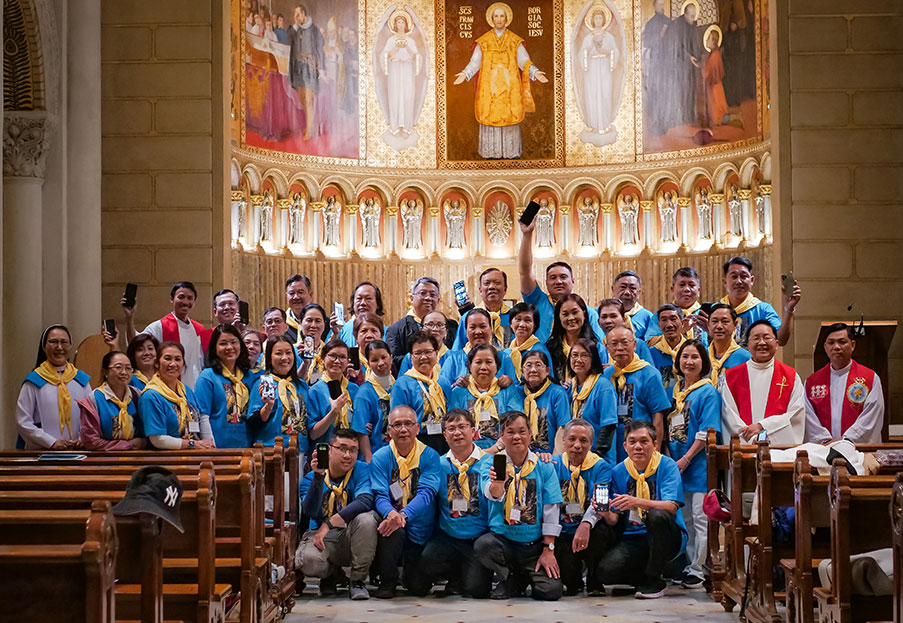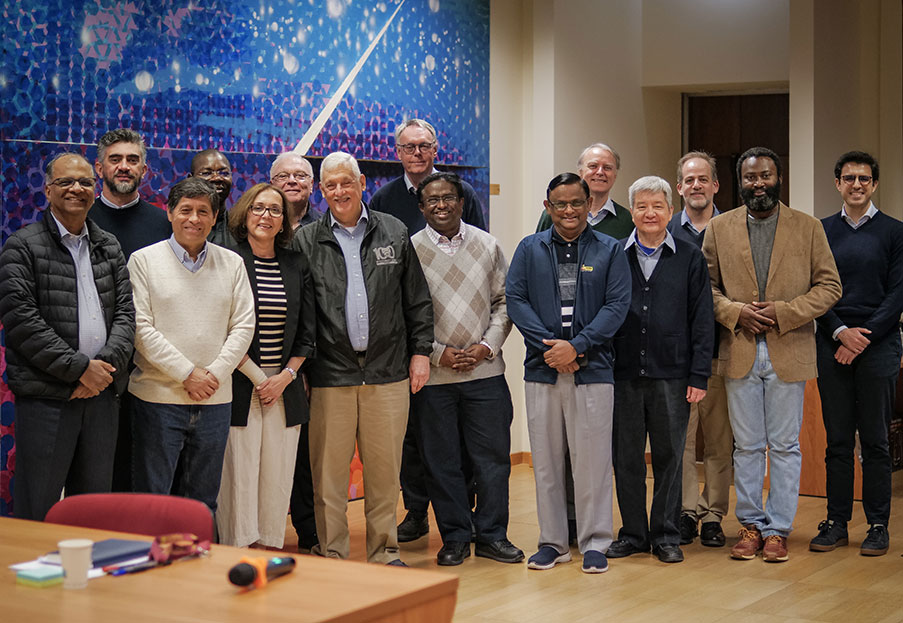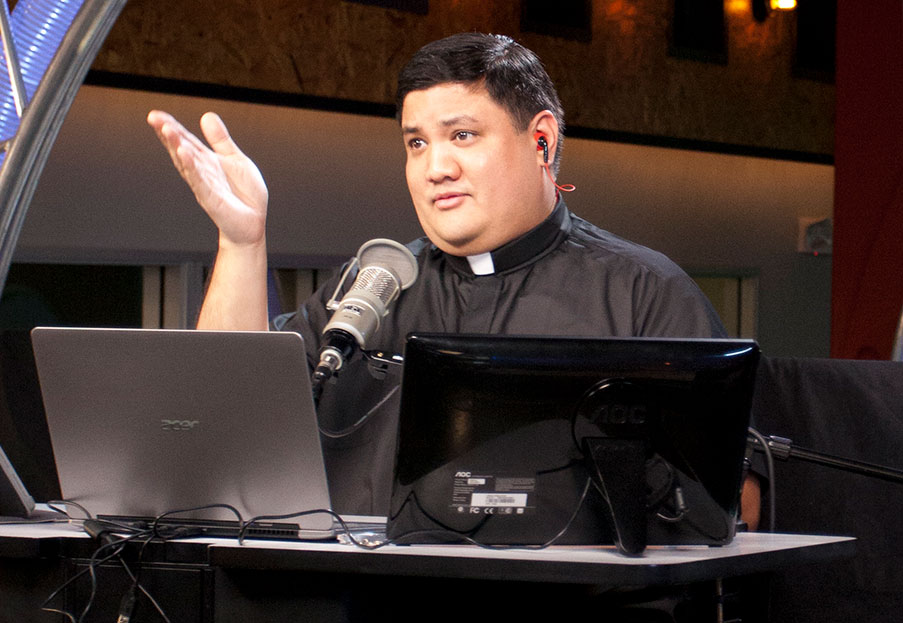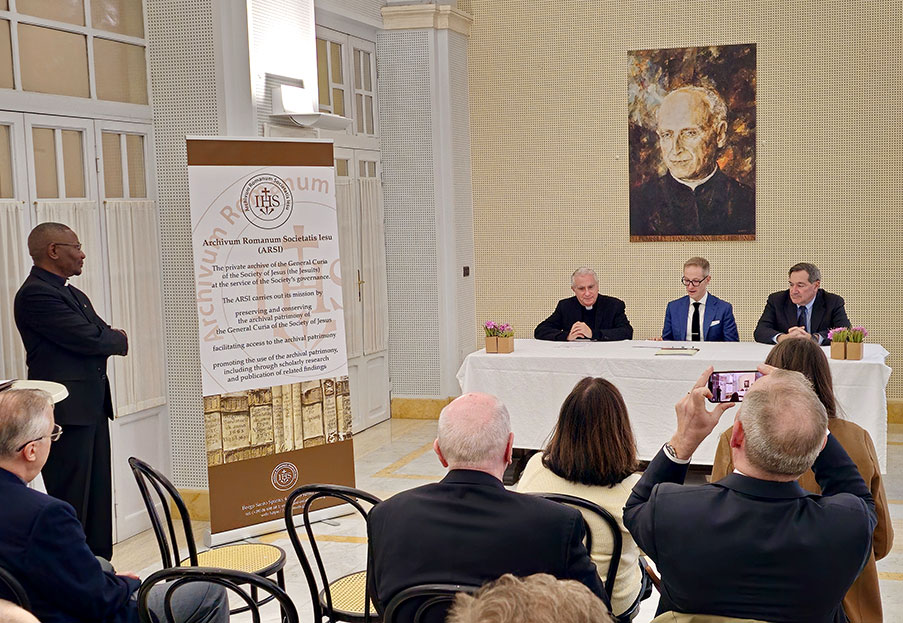Discernment and Synodality in the Interreligious Context
By Felipe Jaled Ali Modad Aguilar SJ
From 6 to 8 September, Fr General’s Consultation Group on Interreligious and Ecumenical Relations, which is coordinated by the Secretariat for the Service of Faith, met virtually. Personally, I participated as advisor for the Indigenous Religions of Latin America.
This year, with the
celebration of the Synod of Bishops on Synodality in the Church on the horizon,
Fr. General has asked those of us in this Consultation Group, to present, from
an inter-religious perspective, how discernment is lived in the religious
traditions that we accompany, namely Islam, Hinduism, Buddhism, Judaism, the
Indigenous Religions of India, the Ancestral Religions of Africa and the
Indigenous and Afro-descendant Religions of Latin America. We were guided by
the question: what can we learn about the way of living and understanding
discernment in the different religious traditions?
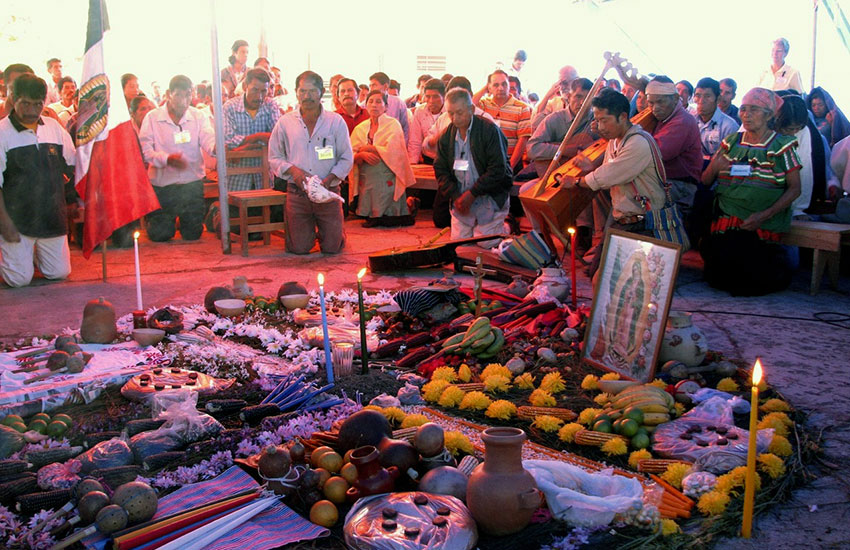
Those who follow the ecumenical dimension (Orthodox Churches, Protestant Churches, Pentecostalism) were asked to explain the sense of Synodality in these Christian traditions. The intuition underlying this year’s Consultation Group meeting is that discernment is a key element for a genuine process of Synodality to take place. If it is not based on attentive listening to the inspiration of the Holy Spirit, a healthy synodal process is not possible.
Specifically for me, the elements that have attracted the most attention in the sense of discernment in the religious traditions of indigenous peoples is the importance they give to ensuring that the decisions taken are in harmony with nature, with creation. In many cases it is necessary to consult with the Ancestors (the forefathers who have died but who continue to be part of the community,) to ensure that the decisions taken are also in harmony with them. Harmony as a result of the decision that is made is an essential element in any discernment process.
We concluded this meeting
in an atmosphere of gratitude and consolation for what we have shared and for
the diversity of wisdoms we have had the privilege of learning about in these
days. This is the modest contribution we have been able to make to our General
Curia in preparation for the next Synod on Synodality in the Church.
